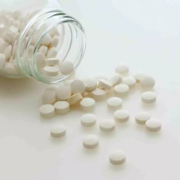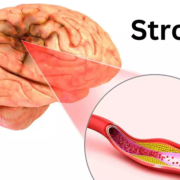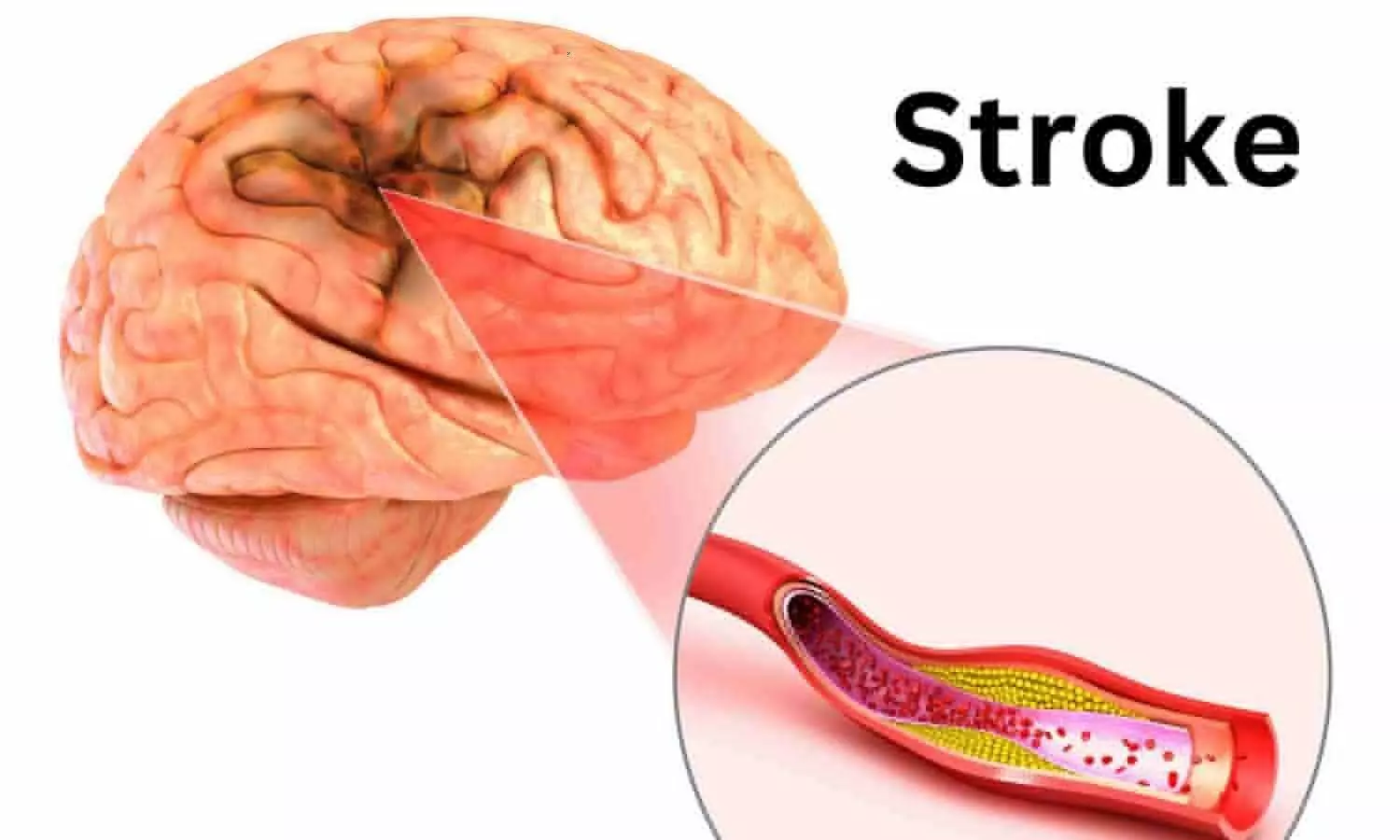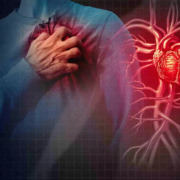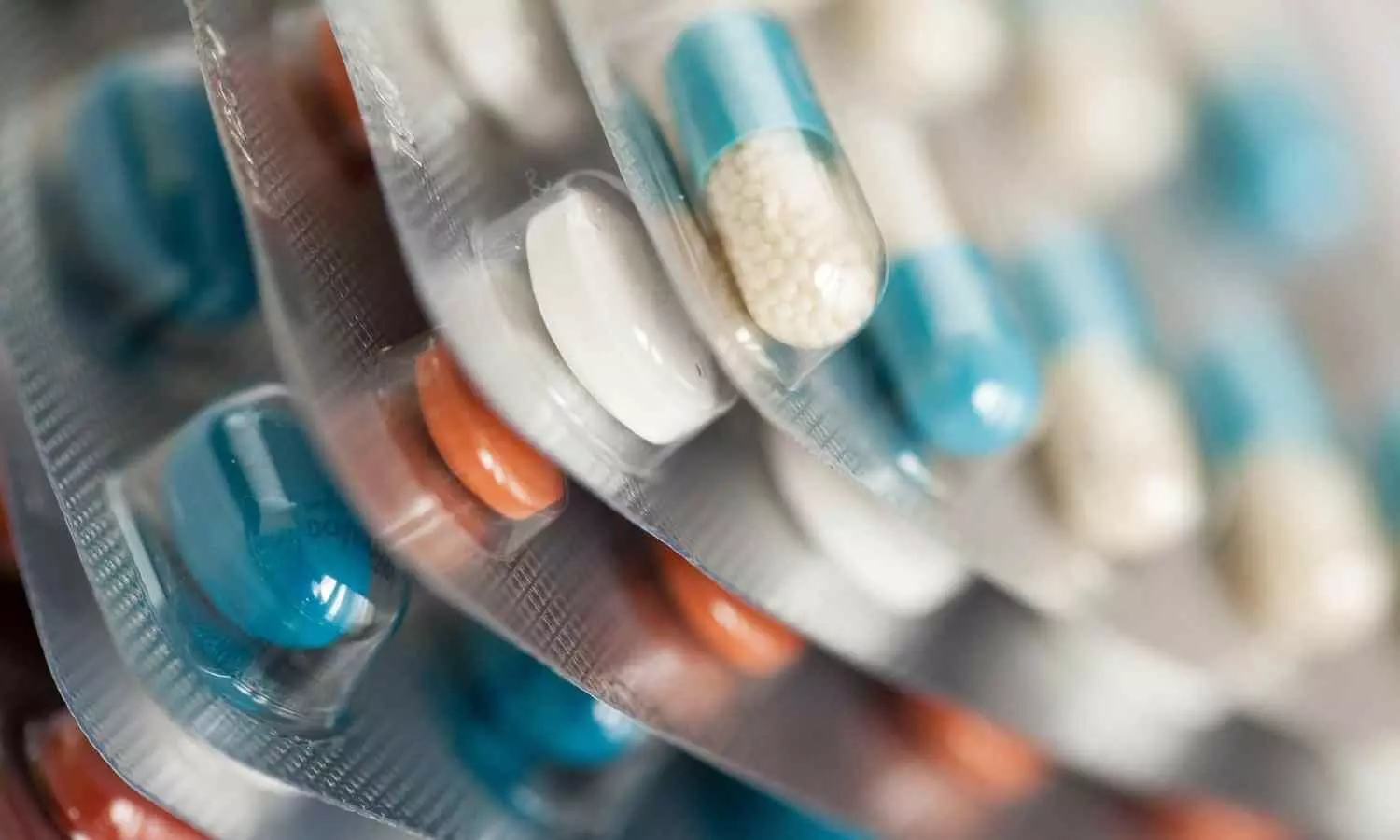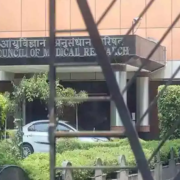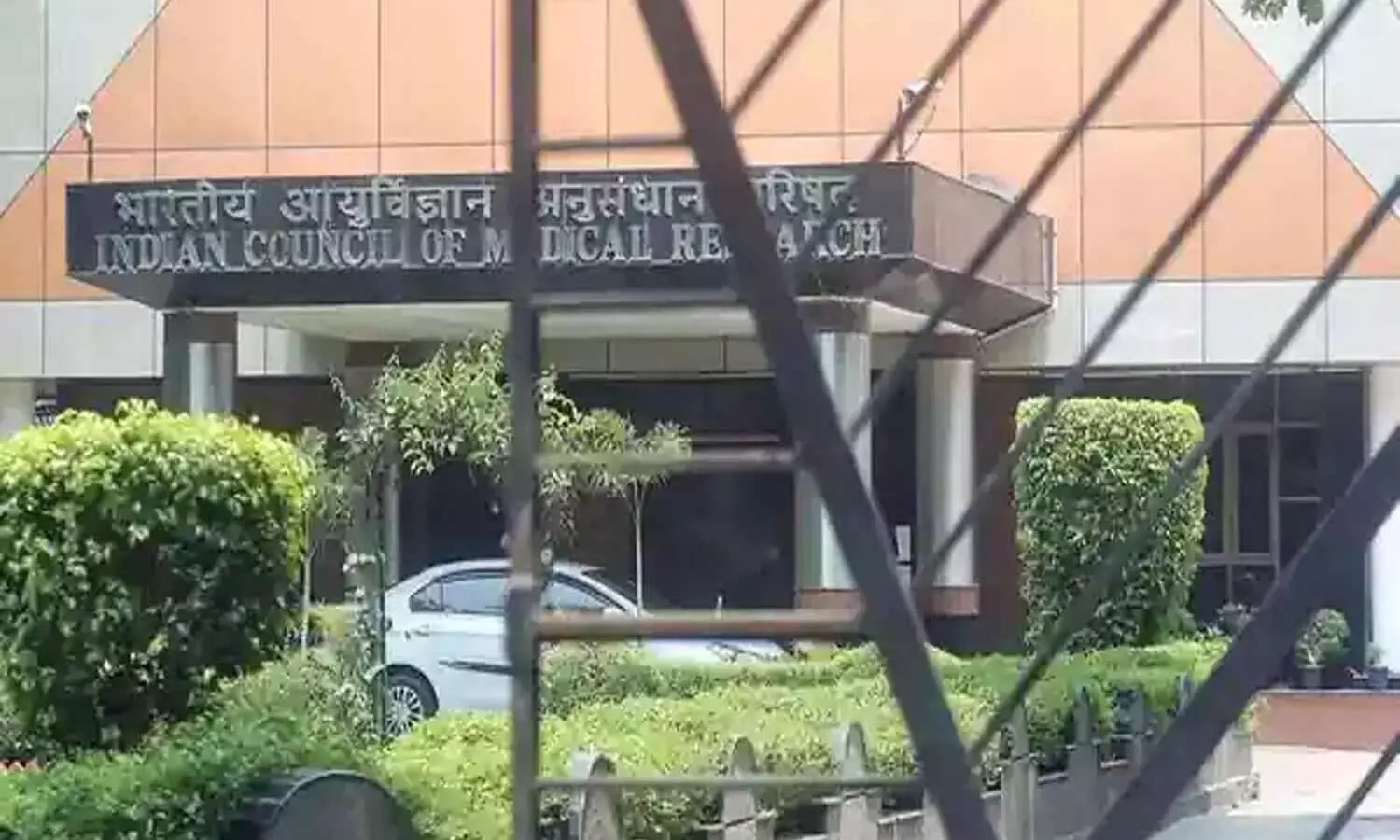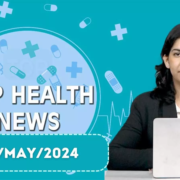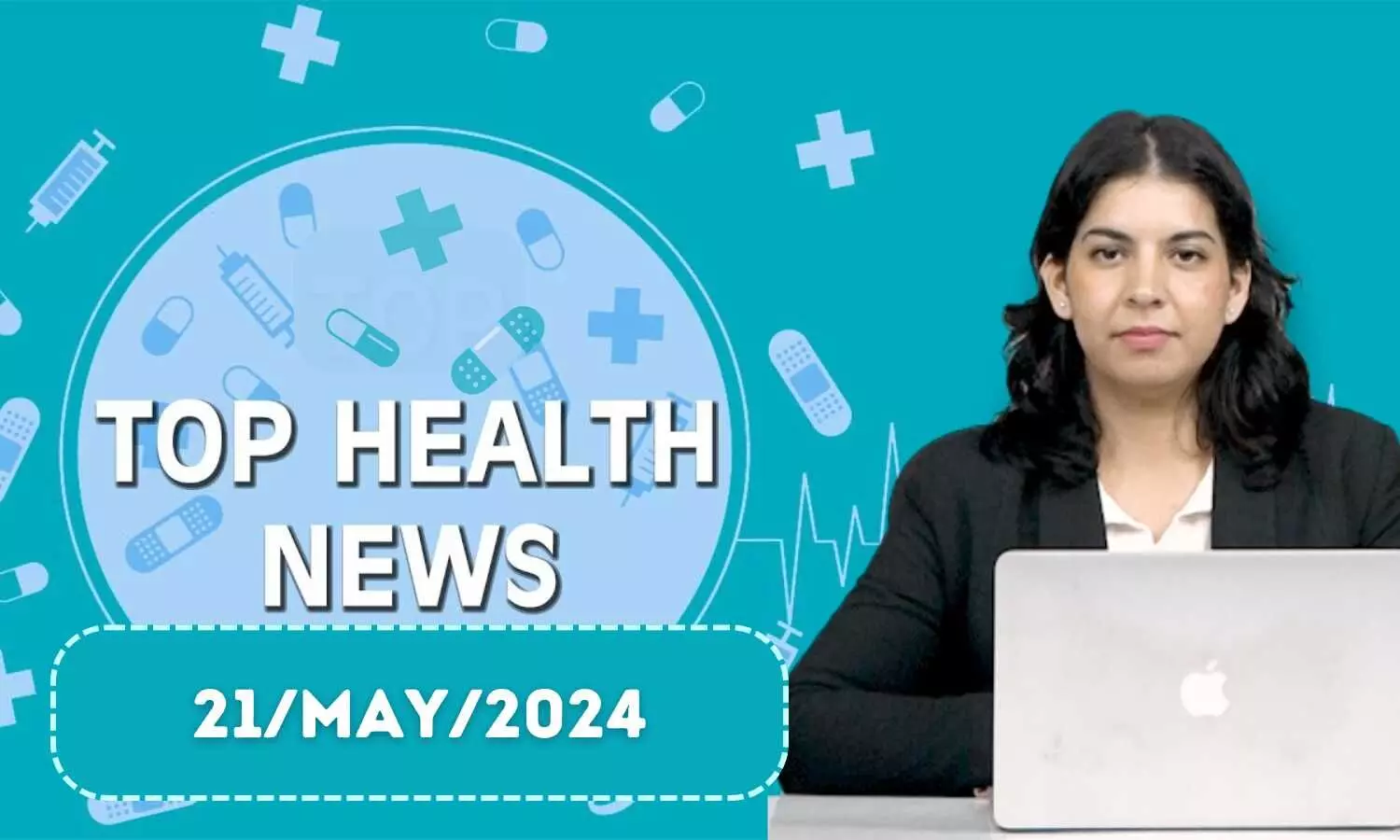Donepezil does not improve chemotherapy-related cognitive impairment: Study
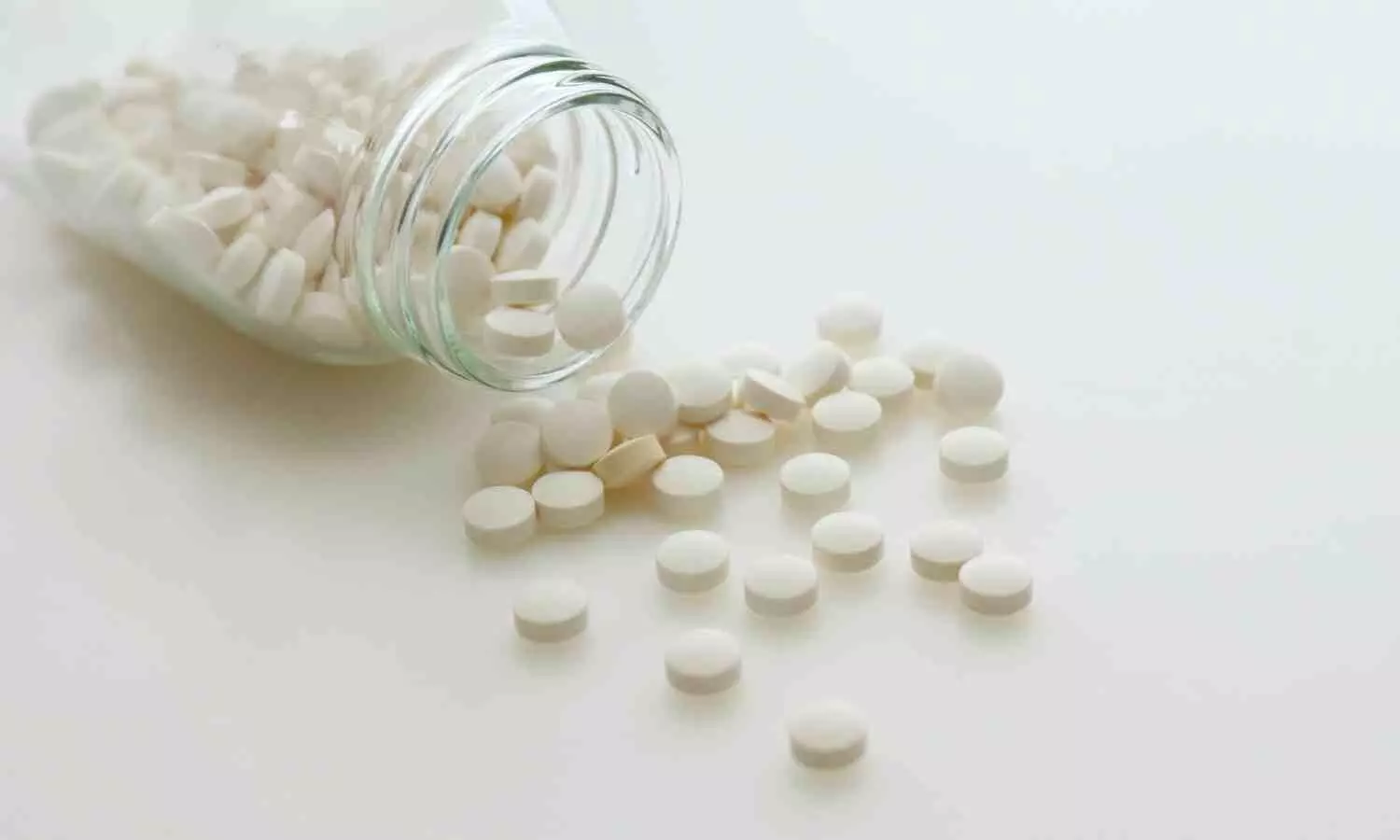
Many breast cancer survivors report cancer-related cognitive impairment following chemotherapy, although prevalence rates and severity vary.
To test whether a dementia drug could improve cognition in breast cancer survivors, researchers at Wake Forest University School of Medicine conducted a Phase III randomized, placebo-controlled trial to test donepezil, a cognitive-enhancing medicine used in the treatment of Alzheimer’s disease.
The research team found that donepezil did not improve memory or other cognitive functions in survivors with cancer-related cognitive impairment.
The findings appear online in the Journal of Clinical Oncology.
The researchers enrolled 276 breast cancer survivors from community oncology practices affiliated with the National Cancer Institute Community Oncology Research Program (NCORP), a national network that brings cancer clinical trials and care delivery studies to communities. The Wake Forest NCORP Research Base at Atrium Health Wake Forest Baptist’s National Cancer Institute-designated Comprehensive Cancer Center is one of seven funded NCORP Research Program bases in the country.
Study participants had received at least four cycles of adjuvant chemotherapy and reported cognitive impairment and memory problems for one to five years after chemotherapy had completed. Participants were enrolled on the NCORP study between July 2017 and July 2021.
“The participants were assigned to either receive 5-10 mg of donepezil, taken once a day for 24 weeks, or placebo,” said Stephen R. Rapp, Ph.D., professor of psychiatry and behavioral medicine at Wake Forest University School of Medicine and lead author of the paper.
Cognitive assessments were conducted before treatment, at 12 weeks and at end of treatment.
“We found that the participants did not perform differently at the end of treatment on tests of memory, other cognitive functions, or subjective functioning than those randomly assigned to placebo,” Rapp said.
While donepezil cannot be recommended as a treatment to improve cancer-related cognitive impairment in breast cancer survivors after completing chemotherapy, the researchers say further trials are needed.
“Additional research with different timing of administration, different medications or medication combinations, or non-pharmacological interventions are warranted,” said Glenn Lesser, M.D., deputy director of the Atrium Health Wake Forest Baptist Comprehensive Cancer Center, senior author of the manuscript and principal investigator of the Wake Forest NCORP Research Base.
Reference:
Stephen R. Rapp, Emily V. Dressler, W. Mark Brown, James L. Wade III, Nguyet Le-Lindqwister, David King, Kendrith M. Rowland, Kathryn E. Weaver, Heidi D. Klepin, Phase III Randomized, Placebo-Controlled Clinical Trial of Donepezil for Treatment of Cognitive Impairment in Breast Cancer Survivors After Adjuvant Chemotherapy (WF-97116), Journal of Clinical Oncology, https://doi.org/10.1200/JCO.23.01100.
Powered by WPeMatico

